Are algae eaters right for my aquarium?
At times, it can feel like algae are consuming your underwater world. Looking at it can even become frustrating. They can emit strong smells, create murky green or brown water. Too much algae will even lead to health problems for the aquarium residents. Expect a little algae, but any more than a little can turn into a big problem. Sometimes, the solution to keeping algae at bay is the little critters who enjoy it for breakfast, lunch and dinner.
First, it’s good to understand what algae is. Algae is a plant that grows with significant amounts of uneaten food and waste. Different types of algae can bloom. Some appear free-floating, others can seem scummy. They can also create filmy layers of the sides of your tank and on features in the environment. They can also appear grass or seaweed-like or be a dirt-brown colour.
There are many ways to control the algae without the need for algae eaters. Consider these options if, your tank already has many occupants, as it is one more fish or critter to add to the mix. Or, if you house larger and aggressive residents. They are likely to come after and harass the same invertebrates you hire to take care of the algae. Try things like a higher filter quality (keep it clean). Adjust feeding schedules, maintain a higher volume of live plants, clean the tank more regularly. Or, turn off the tank lights for several hours each night. If you have tried all these things and there is still an issue, it might be time to enforce the algae eaters.

Algae eaters are specific organisms who thrive of algae. But different critters will eat different types of algae. To know what kind of eaters to add, you must know what type of algae plagues your aquaria. Knowing this will also lead to the most desirable results. Do not add algae eaters to a newly established tank. As there will be no algae for them to consume, thus leading to an unhealthy diet and likely causing health problems. The eaters will also have to be compatible with your tank conditions. The common algae eaters include; snails, mollie and even some specific types of catfish and plecos.
Whiptail Catfish/Twig Catfish are some of the best algae-eaters. Though once a very uncommon sight for aquariums and need more specialised care. Always keen to gobble up any variety of food and are fast to clear away any green type of algae from your tank. Make sure they don’t need to compete for food against their tankmates. They need to be a part of a tank with higher oxygen levels and a gentle current with pristine water quality.
Mystery Snails are a smaller species of apple snail and are very popular. They are happy to eat a variety of algae, decaying plant matter and leftover fish food. They are suited to smaller and larger tanks and their communities and best of all they don't eat plants.
Ramshorn Snails thrive in heavily planted aquariums. Unlike other algae eaters, they will leave vegetation alone if there are enough algae and dead plant matter. They will breed in the tank.
We provide these critters through The Fish Room, so check them out and see if they work for you and the underwater neighbourhood of your creation.
Other Algae eaters include
Dwarf suckers (ottos) will eat algae off plants, and off the glass of your aquarium. As they are likely kept in shoals, algae may run dry much quicker than anticipated so extra food will need to be provided. They are a small and peaceful breed and will suit tankmates of the same stature, in small to mid-sized tanks. 
Siamese Algae Eater is one of the most effective eaters out there. With a peaceful nature, it is not picky about the algae it cleans up. Including algae other eaters tend to leave alone, like black beard algae. Try them in planted aquariums as they are unlikely to damage your vegetation if there is enough algae for them to eat.

Bristlenose Plecostomus have impressive algae-eating abilities. They are easy to care for and stay a relatively small size so are suited to medium-sized community tanks.
There is no one size fits all for algae eaters and it really depends on your aquarium set up if they could be an asset for you at all. You have options upon options, even if algae eaters aren’t quite the right fit for you.

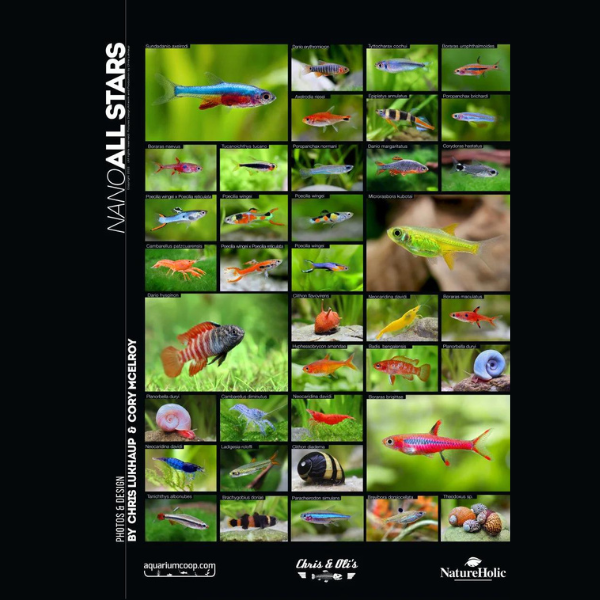
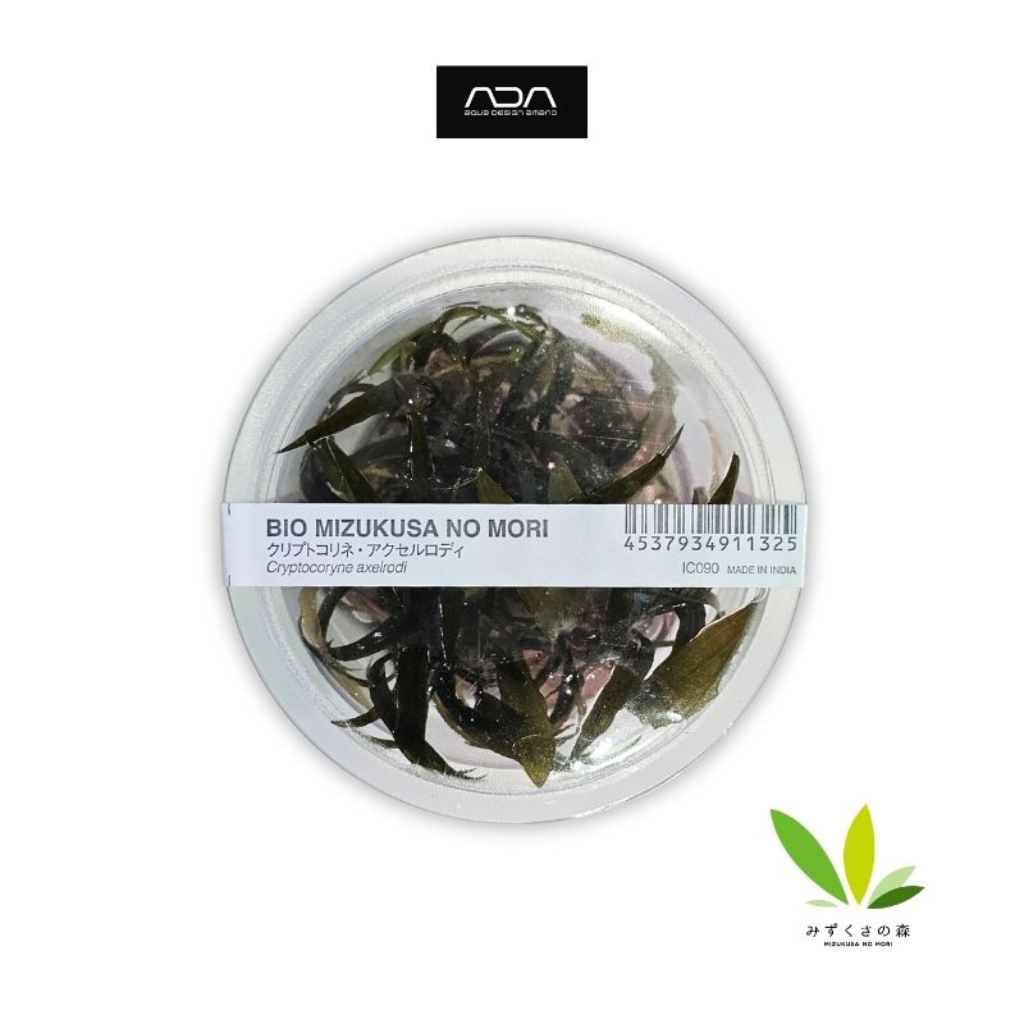
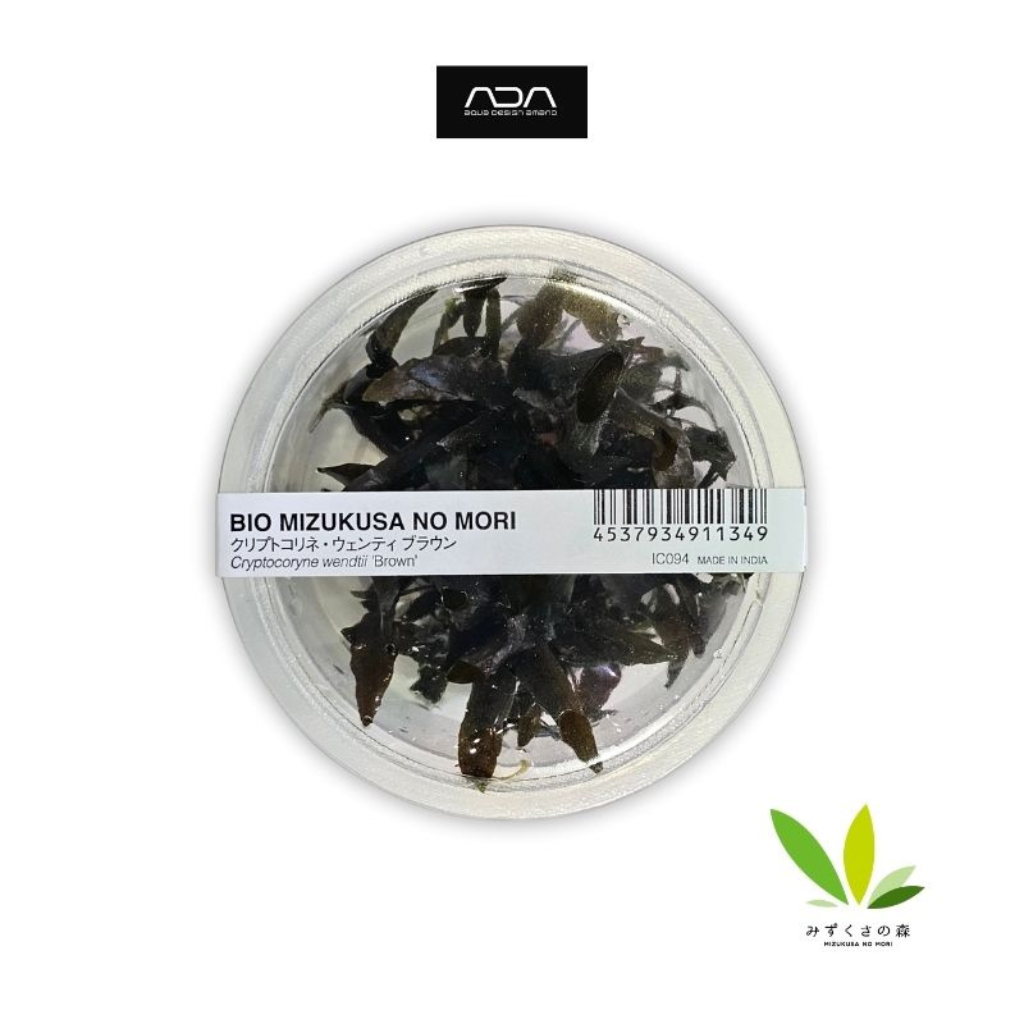
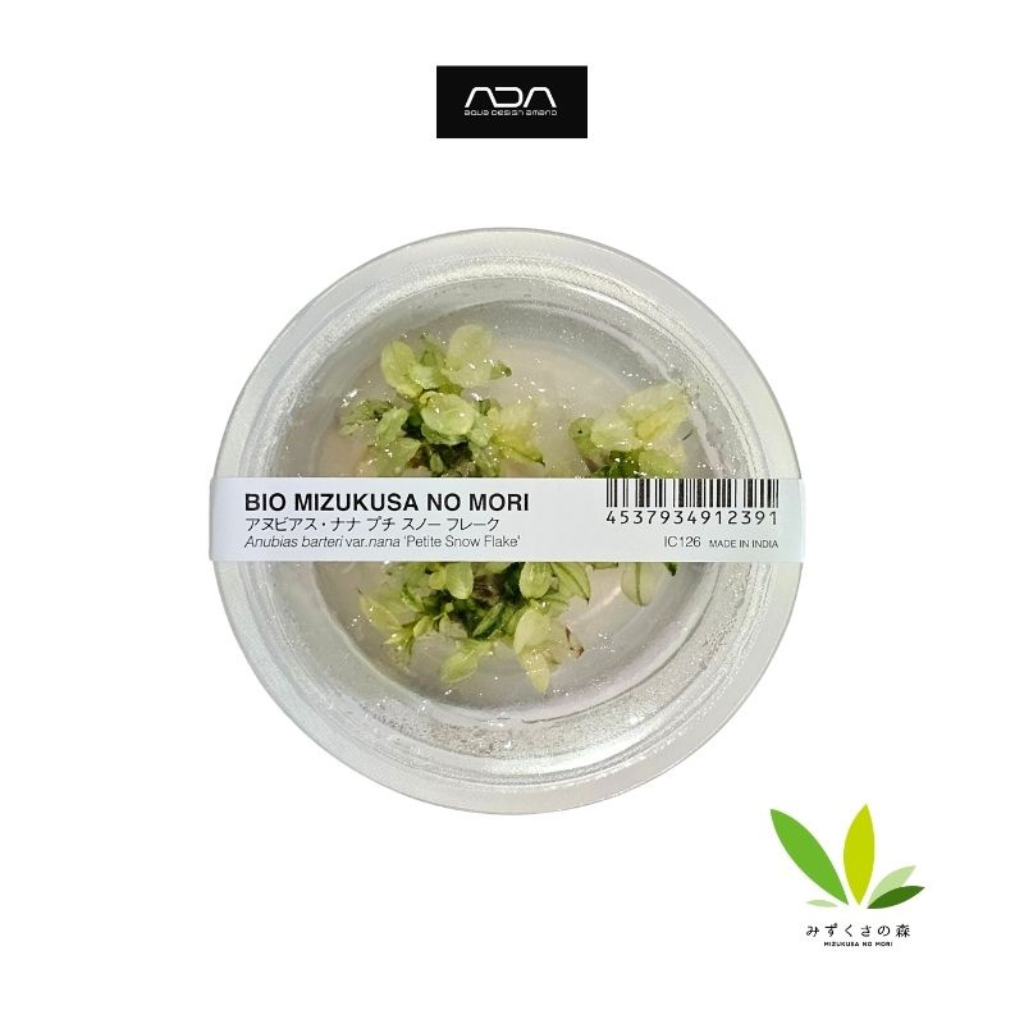
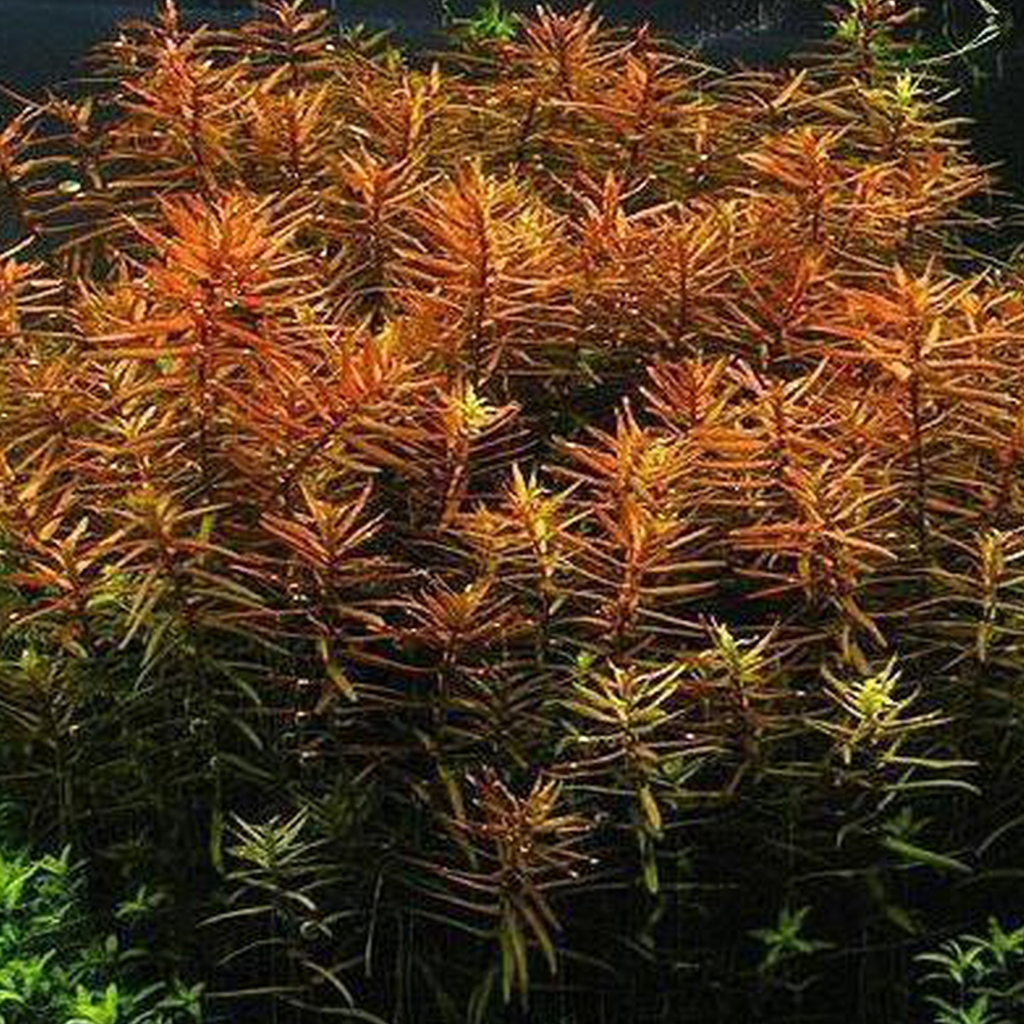
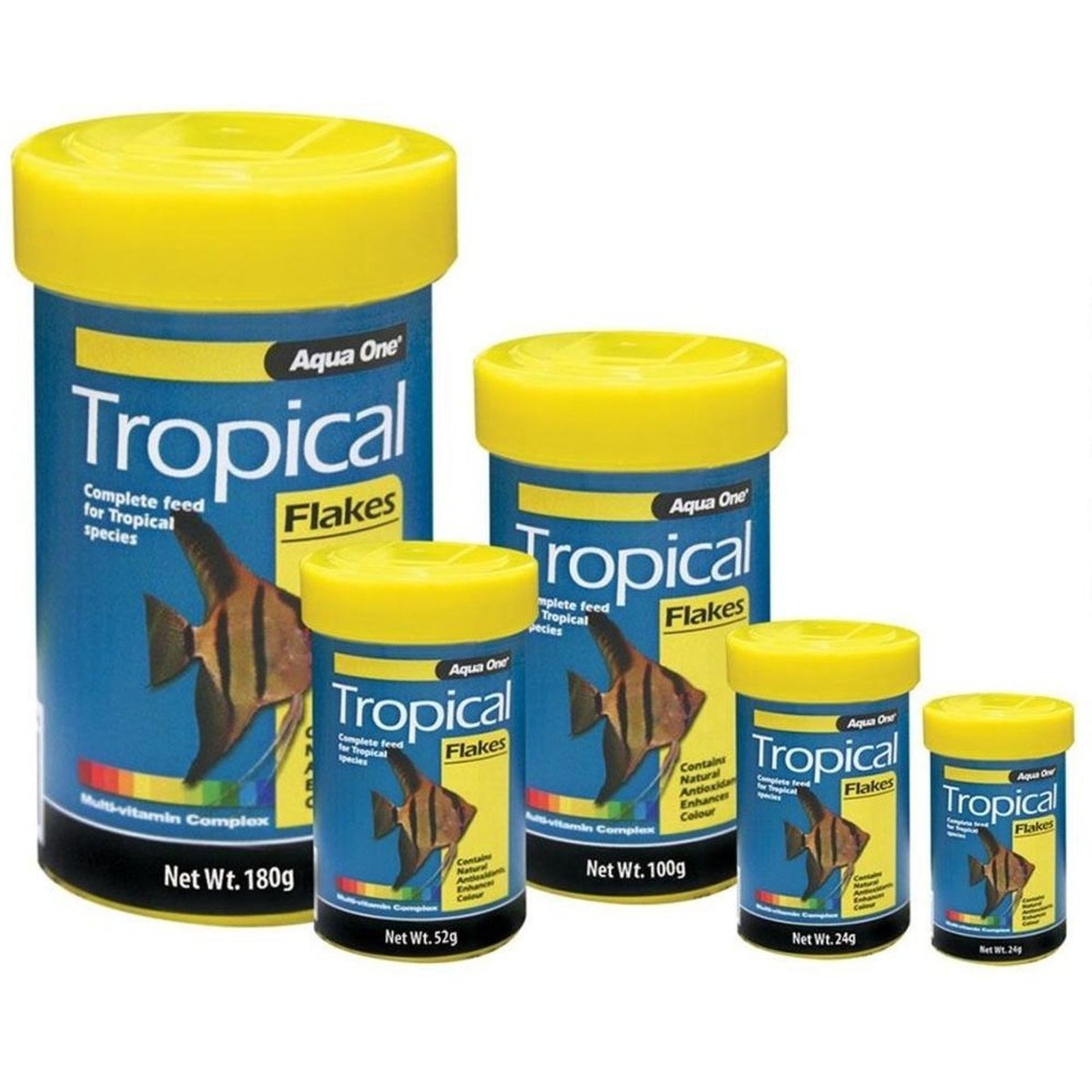
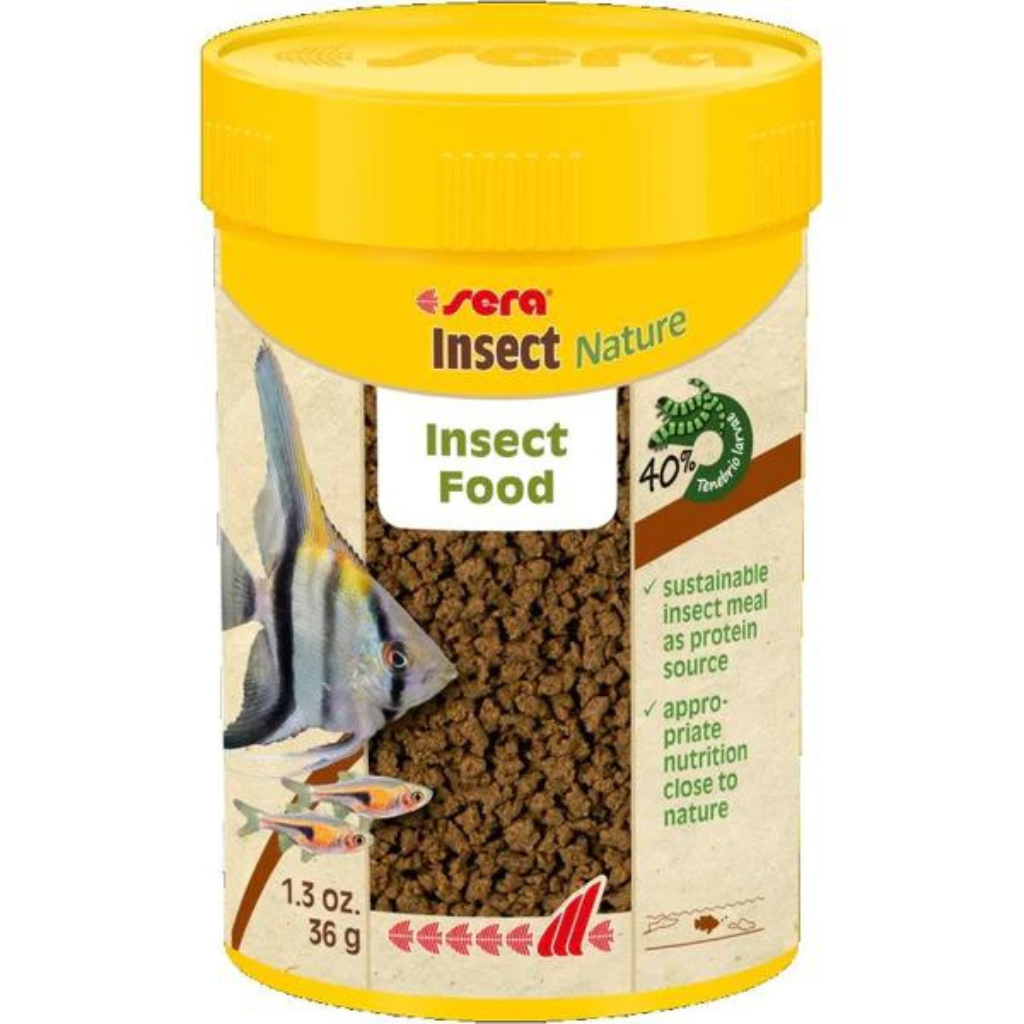
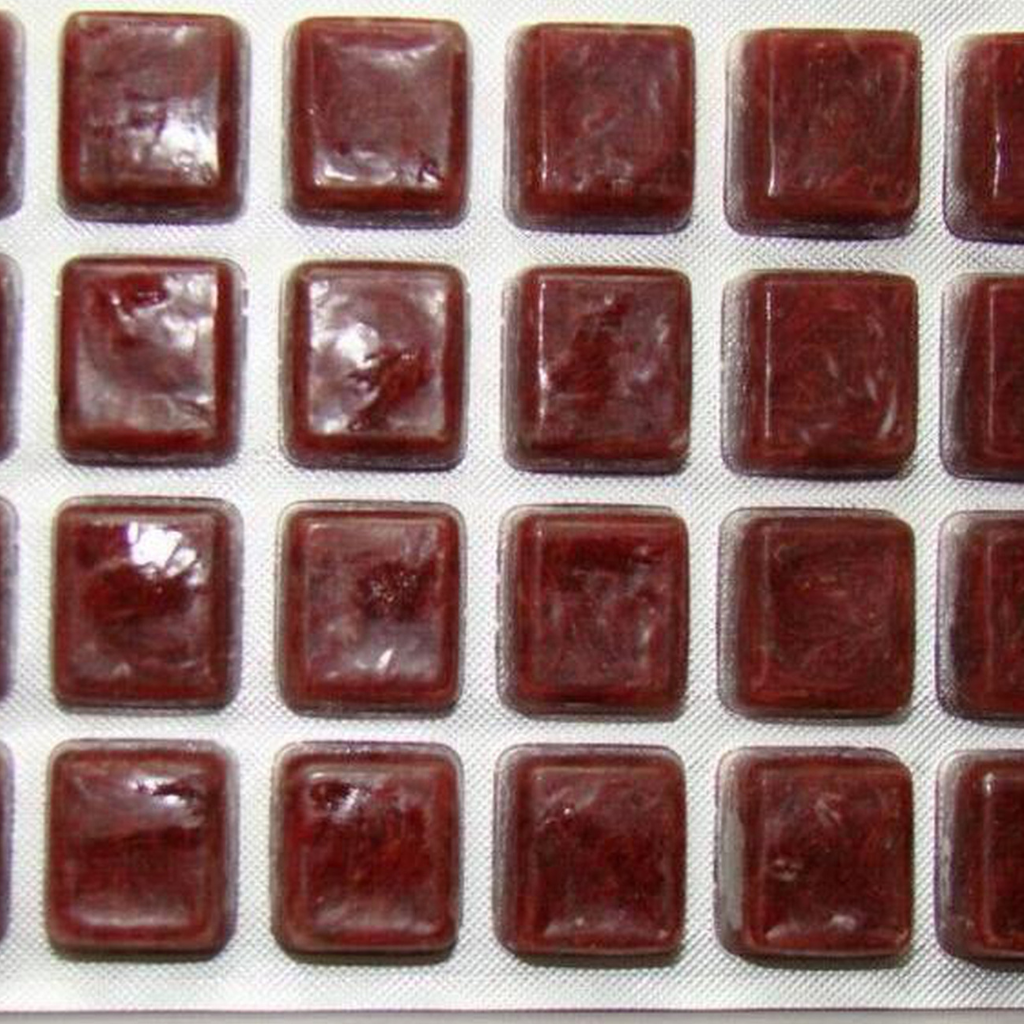

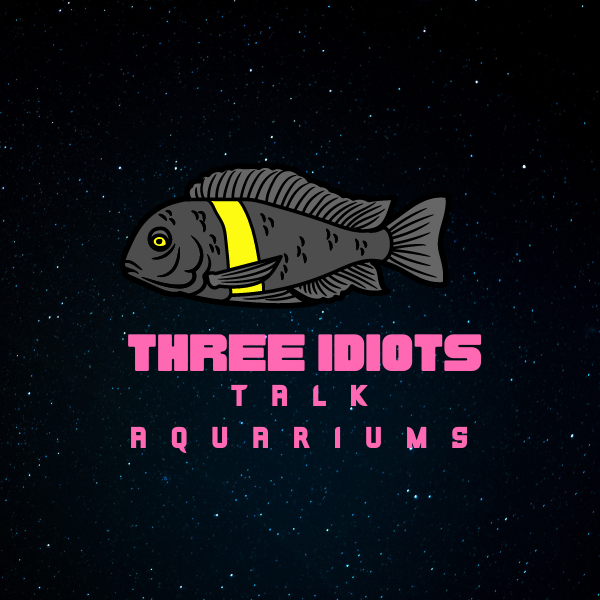



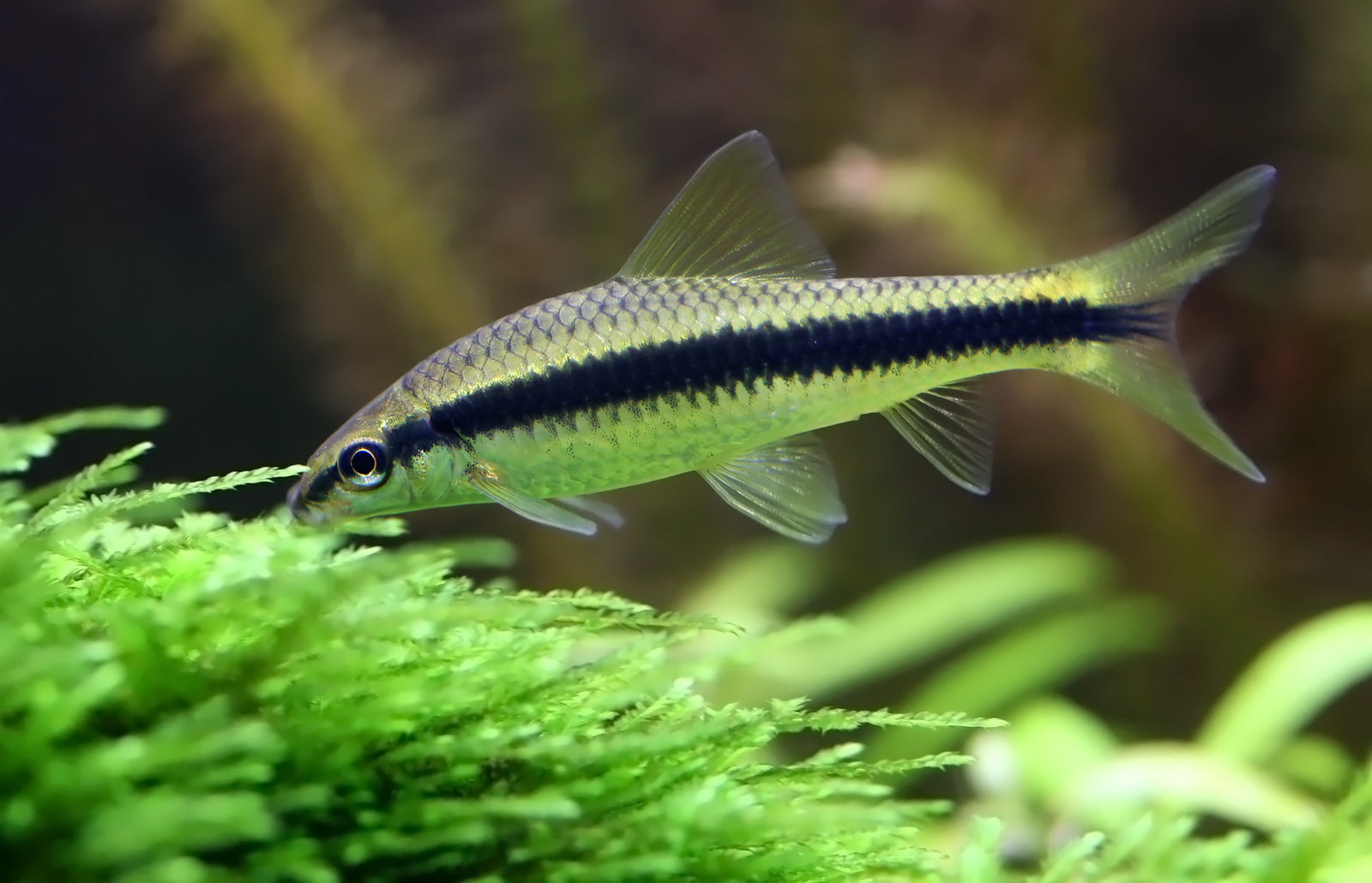
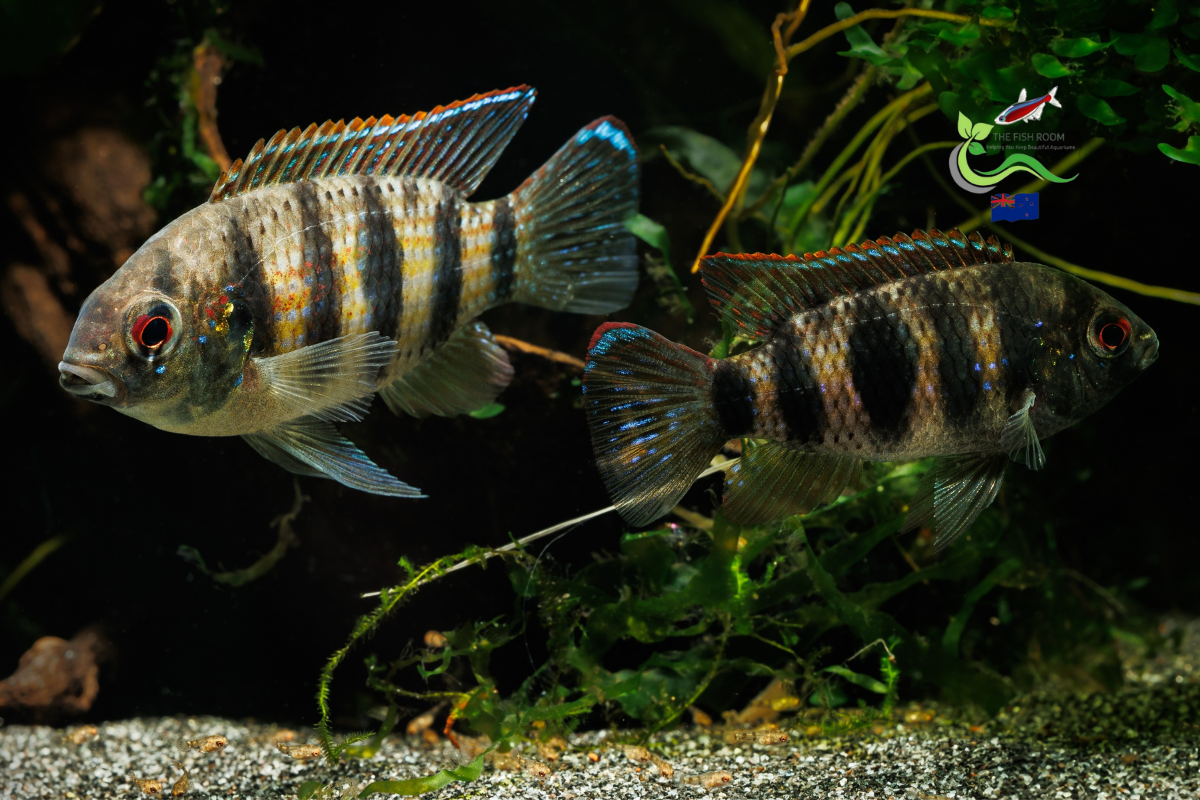
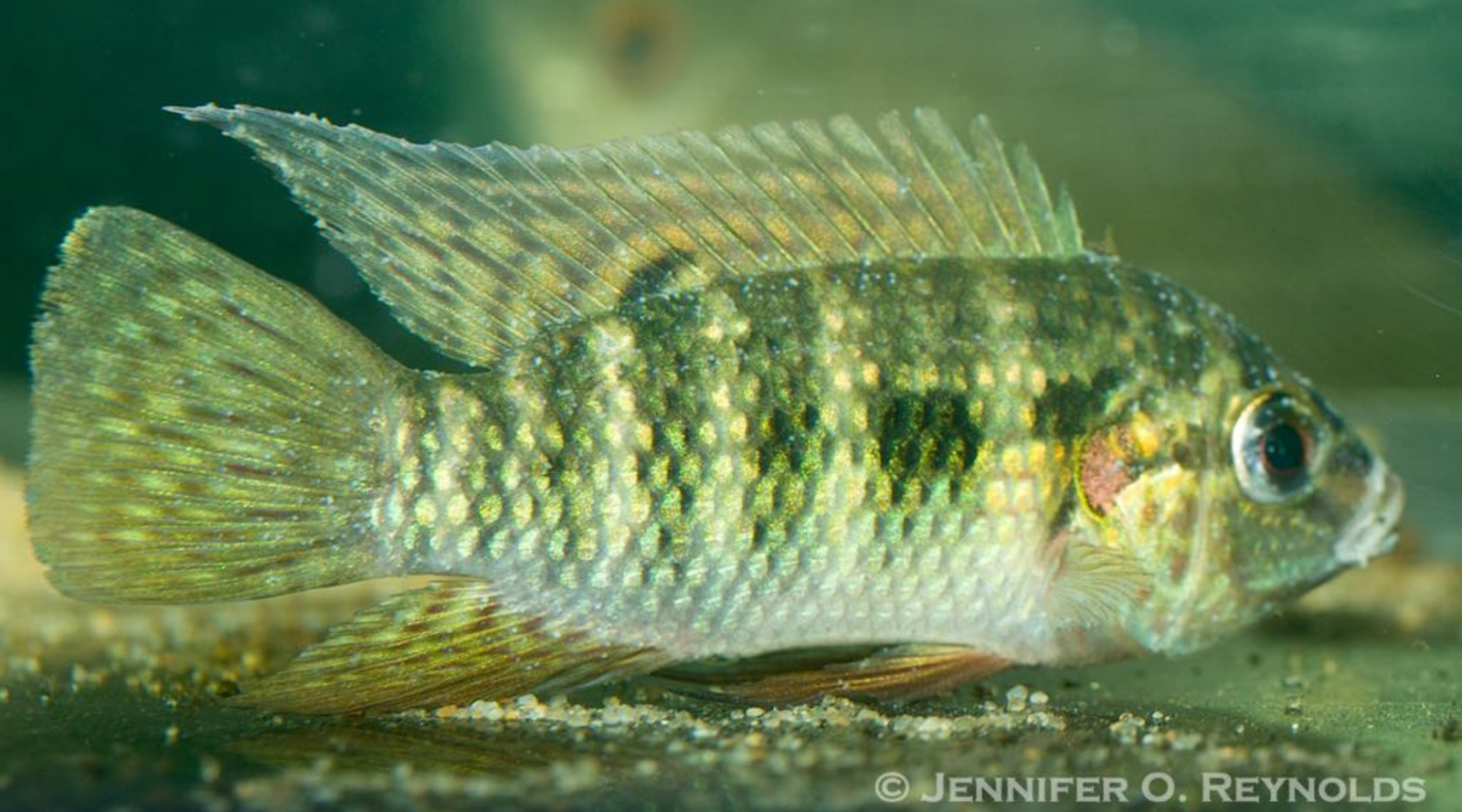
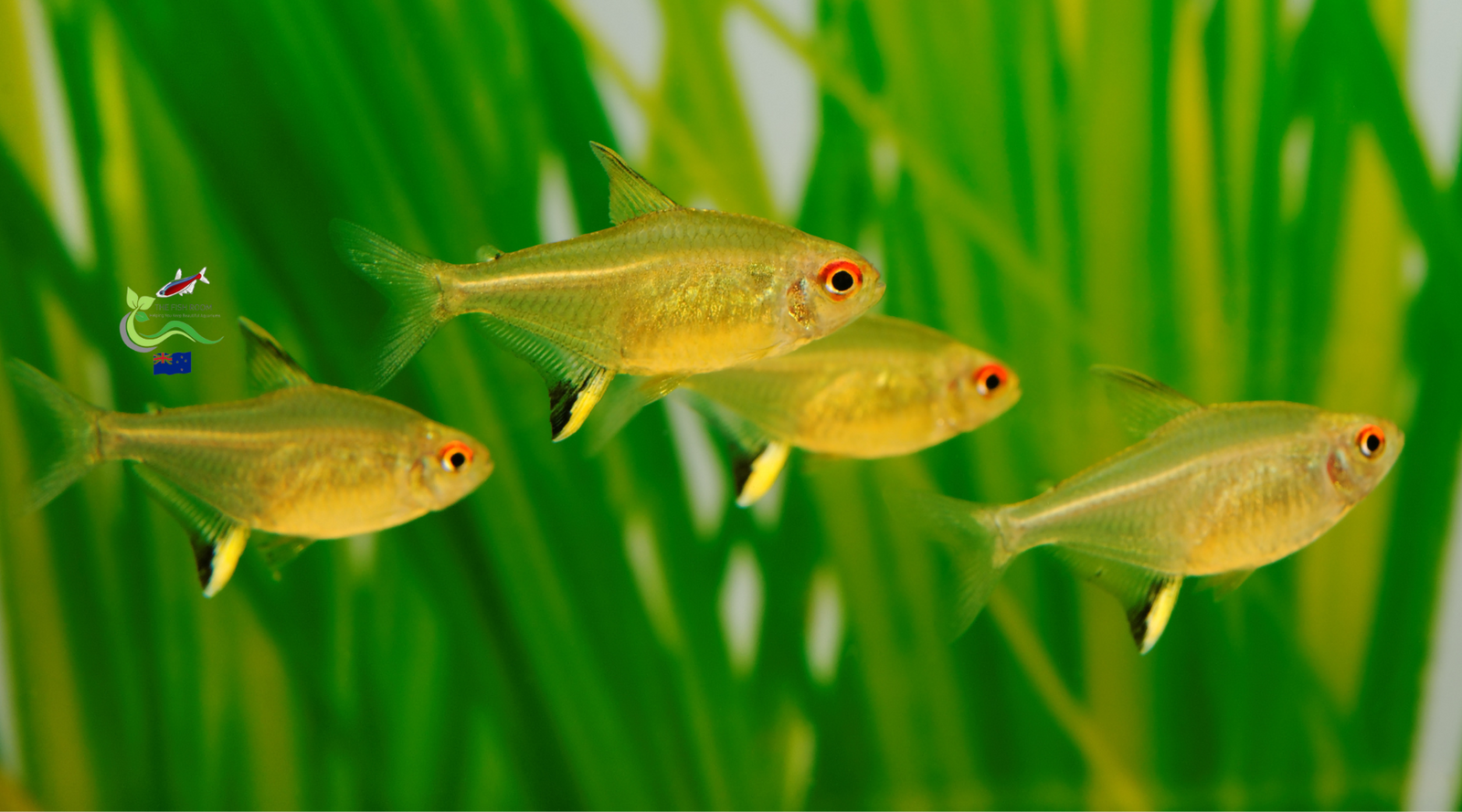
Leave a comment (all fields required)